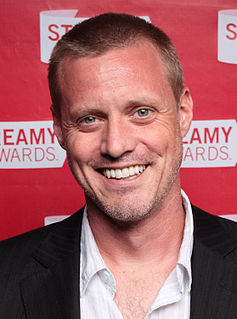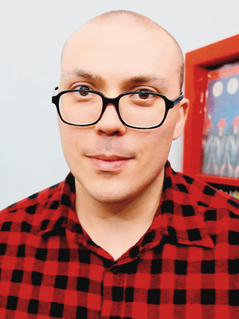A Quote by Ze Frank
For me, experimentation is not about the technology. In an ever-changing technological landscape, where today's platforms are not tomorrow's platforms, the key seems to be that any one of these spaces can use a dose of humanity and art and culture.
Related Quotes
Given the trendlines of digital publishing, where more and more large platforms are profiting from, and controlling, the works of individuals, I can't stress enough: Put your taproot in the independent web. Use the platforms for free distribution (they're using you for free content, after all). And make sure you link back to your own domain.
The CIA in real life, we know, is looking for new kinds of cover. It's looking for new platforms, as they like to say, and it's trying to use the revolution in communications technology, the ability to use all sorts of corporate entities in ways that are hard to detect to get our spies in the places where they need to be.
What does interest me is how difficult my culture seems to find it to look the dark side of life directly in the eye. It seems to me that if we look back at mediaeval culture, for example, we see a society which faces the reality of death and pain and limitation, because it has to. Our society, which is progressive and technological and seems to have a slightly fanatical utopian edge to it, gets very uncomfortable when anybody highlights the dark side of humanity, or the world we have built, or what we are doing to the rest of life on Earth.

































